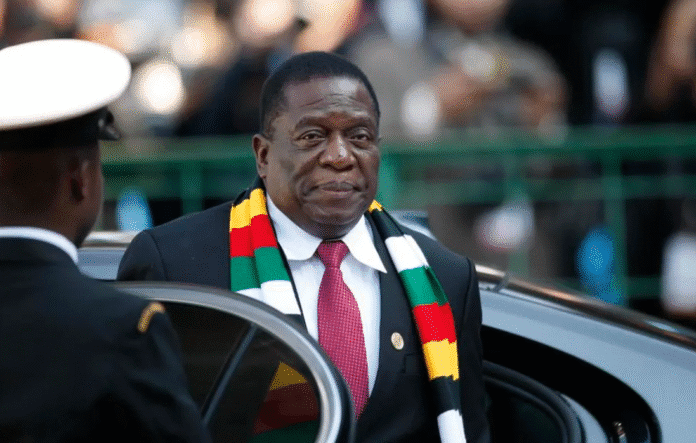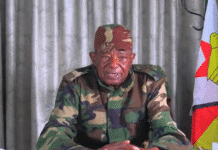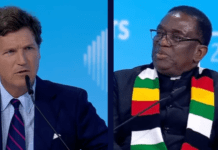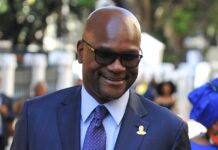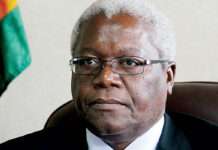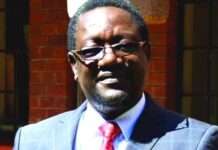HARARE – Zimbabwe’s ruling Zanu-PF party has announced plans to begin the process of extending President Emmerson Mnangagwa’s term of office by two years — a move that, if successful, would keep him in power until 2030.
The proposal was formally endorsed at the party’s annual national people’s conference in the eastern city of Mutare over the weekend. Delegates instructed government structures to start work on legislation to amend the Constitution.
According to State-owned The Herald, delegates argued that the extension would allow Mnangagwa to “complete ongoing national development programmes” aligned with the government’s Vision 2030 agenda.
The conference adopted the resolution unanimously, describing it as a step toward ensuring policy continuity and consolidating the gains made under Mnangagwa’s leadership.
Zanu-PF’s acting political commissar, Munyaradzi Machacha, told The Herald that the resolution formed part of the official conference outcomes and would be referred to the party’s central committee for consideration.
“Our president has demonstrated exceptional leadership in driving national development. The conference agreed he should be supported to continue implementing Vision 2030,” Machacha said.
Mnangagwa, who turned 83 this year, is currently serving his second and final term, which constitutionally ends in 2028. If the term extension is approved, he would remain in office until 2030, when he will be 88 years old. The move would require a constitutional amendment — a process Zanu-PF can initiate given its two-thirds parliamentary majority.
While the proposal has been framed as a bid to ensure developmental stability, insiders and political observers say it also reflects deeper succession manoeuvring within Zanu-PF. Analysts quoted in NewsDay and The Standard suggest the move may be designed to delay the internal leadership transition expected to follow Mnangagwa’s retirement.
Much of that conversation centres around Vice President Constantino Chiwenga, the former army commander who played a pivotal role in the 2017 military intervention that ushered Mnangagwa into power. Although the two men maintain a public image of unity — often seen together at official events, engaged in cordial and seemingly deep conversation — party insiders told The Independent that subtle tensions over succession remain unresolved.
Some provincial leaders reportedly aligned to Chiwenga are said to be uneasy about the term-extension proposal, viewing it as a political signal that Mnangagwa intends to prolong his stay in office and postpone any transition discussions until closer to 2030.
Political analyst Eldred Masunungure told NewsDay that while Zanu-PF has the parliamentary numbers to amend the Constitution, the political cost of doing so could be significant.
“It’s a move that consolidates power but also highlights the fragility of the party’s internal balance,” he was quoted as saying.
Supporters of the resolution argue that Mnangagwa deserves the additional time to complete the Vision 2030 economic transformation plan, which aims to make Zimbabwe an upper-middle-income economy by the end of the decade. They credit him with steering the country toward stability after years of economic turmoil and international isolation.
If implemented, the constitutional amendment would extend Mnangagwa’s presidency beyond the current two-term limit, further strengthening his control over both the party and the State while leaving the question of succession — and Chiwenga’s political future — hanging in the balance. – IOL


